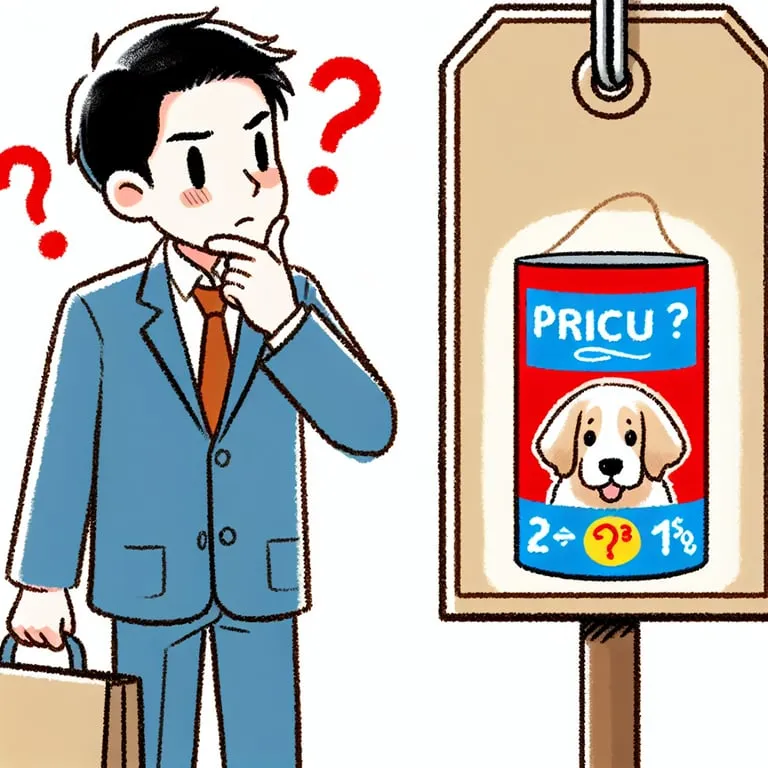
The relentless rise in global inflation has also infiltrated the domain of pet care, coining the term “petflation.” This phenomenon significantly affects pet owners in South Korea, as they grapple with mounting costs associated with pet food and accessories. Let’s explore the intricate relationship between inflation and pet ownership, and how this economic strain reshapes the lives of pet owners.
The Surge of Petflation: Understanding Its Origins
Recent trends have painted a clear picture of petflation, where the Consumer Price Index (CPI) for pet products escalated to 116.8% in 2024. This indicates an alarming surge from previous years and highlights the rising costs that pet owners face. The weakening of the Korean won against the U.S. dollar has largely fueled these inflationary pressures. Such currency depreciation has driven up the import prices for essential items, including pet food, thereby escalating costs for consumers.
The Impact of Currency Fluctuations
Korea’s economic landscape experienced notable challenges due to currency fluctuations, with an exchange rate of 1,400 won per U.S. dollar. This depreciation directly impacts import prices and, in turn, inflates the cost of maintaining pets. It marks a stark departure from more stable economic times and positions pet owners at a financial crossroads.
Inflation’s Grip on the Pet Food Industry
The pet food market, a cornerstone of the pet care sector, exemplifies how inflation pressures brands to adapt. Royal Canin, a major player in the industry, announced a price increase of 4.8% for its products. This hike underscores the pervasive inflationary forces at play, influencing production costs and supply chain dynamics.
Premium Pricing Strategy: A Double-Edged Sword
The pet care market in Korea has steadfastly adhered to a premium pricing strategy, especially evident in high-quality pet products. As most pet owners prioritize premium goods similar to parents selecting quality items for infants, brands have little incentive to lower prices. This preference reflects in consumer’s loyalty to high-end brands despite the soaring costs.
Consumer Resistance to Market Shifts
Consumers show a noticeable reluctance to switch from premium to more economical brands. Take, for instance, the story of Kim Kyu-mi, a Seoul-based hairdresser, whose pets refuse to accept domestic alternatives. This consumer behavior highlights a unique market dynamic where quality and brand loyalty hold sway over financial incentives.
Financial Equilibrium: The Balancing Act for Pet Owners
The financial burden on pet owners has escalated significantly. With an average monthly spending of 142,000 won in 2024, compared to a mere 16,000 won the previous year, households face tough financial decisions. Pet owners like Kim consider raising their business service prices to offset these rising expenses, emphasizing a pervasive struggle to maintain pet welfare amid economic constraints.
Navigating Financial Constraints
This scenario presents a challenging landscape for pet owners who must balance financial responsibility with the emotional bonds shared with their furry companions. As expenditure on pets increases, strategic financial planning becomes indispensable for maintaining quality pet care.
The Future of Pet Care Amidst Economic Evolution
Transparent adaptation to these inflationary pressures is crucial for pet owners and market stakeholders alike. As the Korean economy acclimates to new economic norms, policy innovations and consumer adaptability will shape the trajectory of pet ownership. The future relies on a delicate balance between cost, quality, and evolving consumer preferences.
In conclusion, “petflation” is an economic reality that demands attentive navigation from pet owners. With strategic planning and adaptability, it is possible to uphold pet welfare amidst increasing financial pressures, ensuring a harmonious coexistence between man and pet in today’s economic climate.
https://www.petmediapress.com/